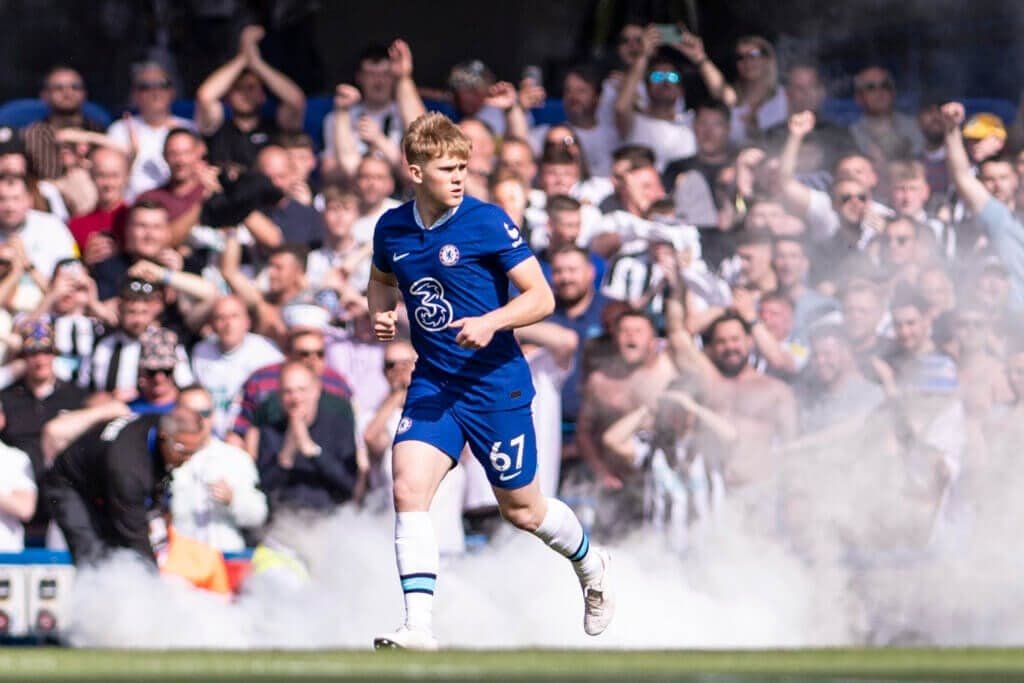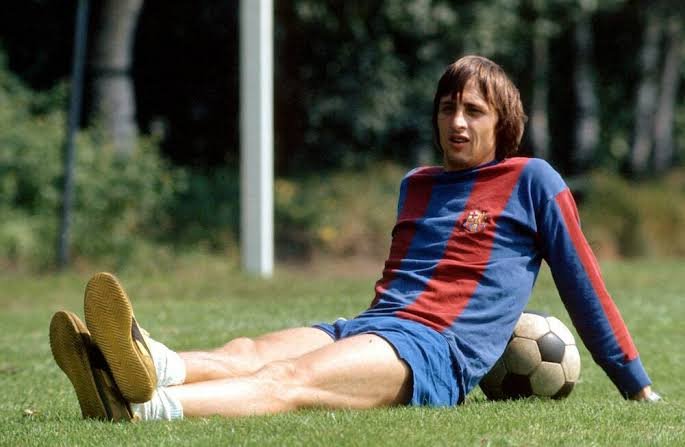
Newcastle United’s spending is “unsustainable”, warned director of football Dan Ashworth last October.
He bought Anthony Gordon for £40million three months later.
“We aren’t going to have a bottomless pit of money,” said head coach Eddie Howe in May. “We are going to be operating under tight constraints.
One month later, Sandro Tonali arrived for £55m.
After the Italian’s arrival, one senior figure told The Athletic: “I’ve said it 1,000 times – Financial Fair Play (FFP) is a restriction for us. We can’t go big again.”
Into St James’ Park walked Tino Livramento and Harvey Barnes for a combined £72m.
Newcastle’s owners are amongst the richest in world football — but these comments give the illusion of the club breaking into the Premier League’s comfortable living room and finding money down the back of an FFP-shaped sofa.
Just as the club’s search for a left-back seemed to be pulling up only crumbs, however, Howe’s teaser that they would have to “be creative” in the market proved prescient.
One month later, Sandro Tonali arrived for £55m.
After the Italian’s arrival, one senior figure told The Athletic: “I’ve said it 1,000 times – Financial Fair Play (FFP) is a restriction for us. We can’t go big again.”
Into St James’ Park walked Tino Livramento and Harvey Barnes for a combined £72m.
Newcastle’s owners are amongst the richest in world football — but these comments give the illusion of the club breaking into the Premier League’s comfortable living room and finding money down the back of an FFP-shaped sofa.
Just as the club’s search for a left-back seemed to be pulling up only crumbs, however, Howe’s teaser that they would have to “be creative” in the market proved prescient.
Lewis Hall is expected to arrive from Chelsea on loan with an obligation to buy for £28m plus £7m of add-ons — with both sides viewing it as a permanent transfer.
So what actually is Newcastle’s current FFP position — and why did this deal make sense for all parties?
What is Newcastle’s FFP situation?
First, a quick refresher on how FFP actually works. The Premier League permits pre-tax losses of £105m over three years.
Under threat of relegation, Newcastle spent far more than intended in the first window under their new ownership. While those decisions were entirely justifiable — after all, the club avoided the drop — that spending still affects deals made today.
Now, teams have spent far more than Newcastle during that period. Chelsea, for example, have spent £900m since their new ownership group took control last year, including £300m on midfielders in 2023 alone.


